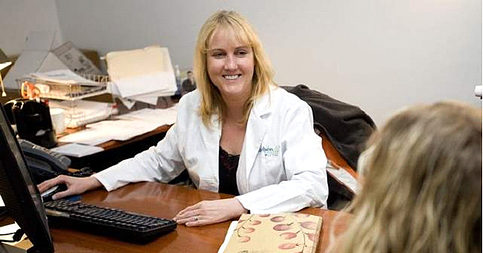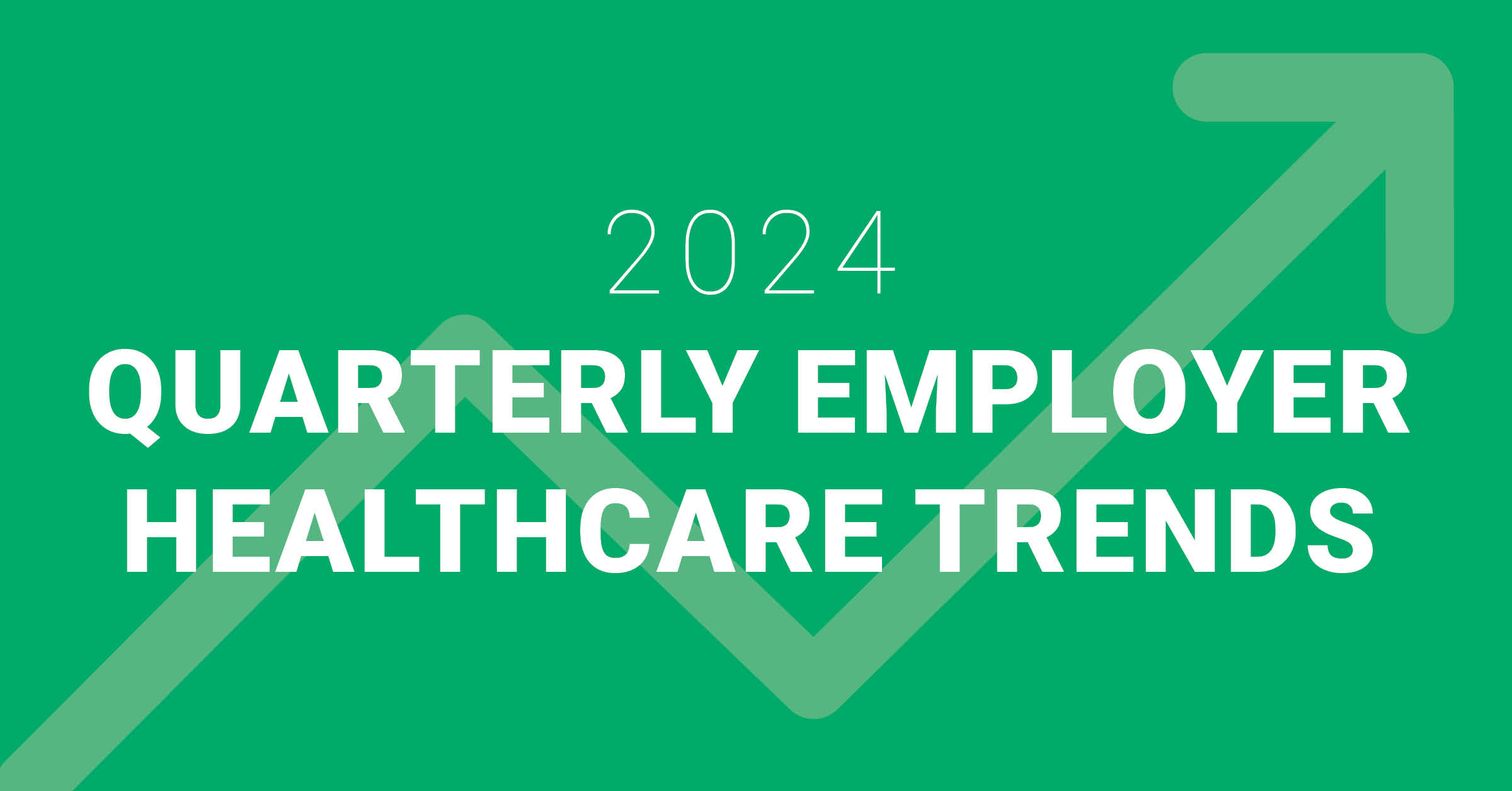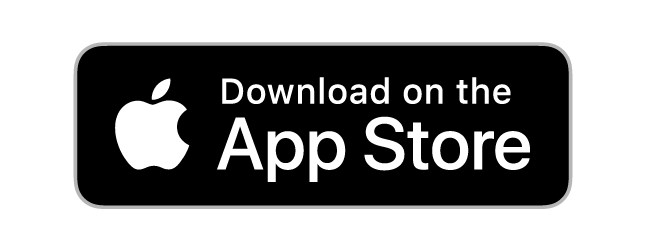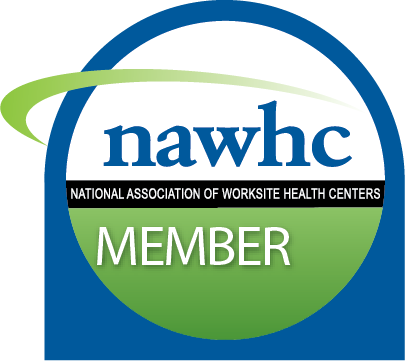Mike Sessions is a senior vice-president with South Burlington-based Pizzagalli Construction, a large company with about 800 employees that builds big projects such as water treatment plants up and down the East Coast and in the Southeast. About five years ago, Sessions started searching for a better way to deliver health care benefits to Pizzagalli’s employees, who own the company.
“One of the things we wanted to do was provide our employees with an annual biometrics screen,” Sessions said. “Also, health coaching.”
Sessions explained that a biometrics screen checks blood pressure, weight, blood sugar, cholesterol — all the demons we fight every day to fend off health problems. As Sessions spent a year exploring the options for Pizzagalli’s workers, he found that most of the wellness organizations he talked to offered what he called a “telephonic model.”
“You get a phone call from somebody you never met before, at dinnertime, who asks, ‘How’s your health?’” Sessions said. “Not very helpful. Kind of like receiving a call from a telemarketer.”
But as he continued to do his research, Sessions heard about a Vermont company, Marathon Health in Colchester, that offered a different approach.
“Their model is face-to-face, one-on-one,” Sessions said. “The employee gets a chance to know the person who’s going to be their health coach, and gain a level of trust, because you continue to meet with that same person. It’s much more effective.”
So four years ago, Pizzagalli signed up with Marathon, becoming one of the young company’s early clients, and one of only two clients in Vermont. The first challenge was how to deliver that face-to-face service Marathon promised to the construction company’s far-flung employees.
“We’re unique from most of the places they work with, places like New Balance with all the employees under one roof,” Sessions said. “We have ours spread all over the East Coast, building projects. We’ll have three on one job and 250 on another.”
Marathon solved the problem by traveling to the job sites, meeting with employees at least twice a year, with other interactions coming over the phone. But a health coach always sits down with the employees to discuss the results of the biometrics screenings. The payoff has been bigger than Sessions could have imagined.
Lifesaving Situation
Because of privacy laws, Marathon doesn’t share the health results of any employees with their employers, but Sessions said the numbers have told the tale where the benefits of Marathon’s efforts are concerned.
“We’ve had an 8 percent increase overall in health costs over the four years we’ve been with Marathon,” Sessions said. “Four percent of that increase is because of national health care reform. We feel like we have a lot of employees who started thinking healthier.”
More compelling than the numbers, however, are the individual stories, no less powerful because they are told anonymously. There was the worker on a project down South who came in for a biometrics screening on a hot and humid day.
“It was a 95-degree day, this hot and sweaty guy comes in and we do the screen,” Sessions said. “The nurse says, ‘His blood pressure is so high I don’t know how in the world he’s not having a stroke.’”
Convinced her blood pressure gauge was malfunctioning, the Marathon nurse told the job site supervisors she was taking the worker to the emergency room, just to be sure. Grabbing a doctor on arrival, she told him the reading she was getting. The doctor agreed that her equipment had to be malfunctioning, but he would check.
“He says, ‘You know what, your instrument is not broken, I don’t know how this guy is not having a stroke right here,’” Sessions said.
The worker was immediately put on medication and sent home. Today, he is back at work on a limited basis.
“The guy is super grateful, he had no idea,” Sessions said.
Gamble Pays Off
Looking back, Sessions says going with Marathon was more expensive than the telephonic model. That made it a bit of a gamble, but the gamble has paid off.
“When we first did it, we said, ‘Let’s not do it just to say we did it. Let’s do it right and have it be something worthwhile,’” Sessions said. “It cost quite a bit more than the other models; however, the savings in our total cost of health care by far pays for this.”
Sessions figures that if Pizzagalli, instead of keeping the increase in its health care costs to 8 percent over the past four years, had paid 10 percent higher costs in health care costs yearly — not an outlandish scenario, given the experiences of most companies — it would have cost the company a difference of $500,000 yearly at a minimum.
“That is not what we’re paying Marathon Health,” Sessions said. “Our view is they have definitely saved us money.”
That’s music to the ears of Marathon Chief Executive Officer Jerry Ford, who followed IDX Healthcare co-founder Rich Tarrant to Marathon in 2005 after GE Healthcare bought out IDX, and Tarrant started this new company.
“If you’re on a progression for health care costs that’s a 9 or 10 percent increase yearly, we’ll guarantee we can flatten it or give part of your money back,” Ford said. “We’ve bent some curves.”
How do they do it? Tarrant said part of the secret is building relationships.
“We’re very strong believers in the nurse-practitioner model as opposed to physicians,” Tarrant said. “Our nurse-practitioners are trained to become friends and win the confidence of patients. Patients are more likely to respond to a personal bond. They trust you and buy into your desire to make them better. You need the bonding first.”
The other major factor in Marathon’s success can be explained with some simple numbers.
“If we want to solve a cost and quality problem, we have to know the data,” Tarrant said. “If you dig into the data, you see that 10 percent of the people are responsible for 70 percent of the cost of health care. These expensive people are bounced around from one doctor to the next, one lab test to the next, in and out of the hospital, the left hand doesn’t know what the right hand is doing. It’s all over the place.”
The 10 Percent Factor
Marathon’s top priority when it takes a client is to find that 10 percent.
“We know they’re there, we got to find them, and we got to fix them,” Tarrant said. “A lot of them don’t want to go to a doctor, so we find ways to cajole and convince and incent them. You get some wonderful stories from people who turn their lives around.”
Ford said Marathon finds the problem employees through numbers and metrics, “not by roaming the halls.” And once Marathon finds the population at risk, they don’t begin by getting in people’s faces and demanding they take action to address whatever problems they have. Instead the company’s nurse-practitioners employ what Ford calls “motivational interviewing.”
“We hire people who can provide empathetic care, someone you’re going to want to interact with,” Ford said. “Motivational interviewing is not done from a lecturing perspective. A doctor might say you’ll take 10 years off your life if you keep smoking. We don’t think that’s effective. We guide you along a path with your health coach that gets you to take responsibility to improve your overall health status.”
For its first couple of years after its founding in 2005, Marathon had three clients. Now they have 17 clients spread over 62 locations around the country, mostly in the East. The reason they have so few clients in Vermont — just two — is that their model for return on investment only works for companies with at least 300 employees, Ford said. Still, the company is growing 200 to 300 percent a year, Ford said, and they expect that growth to continue.
“Right now, there are 1,500 companies with on-site health centers,” Ford said. “In the next five years, that will grow to 7,500 companies. Now that the early adopters have done their thing, everybody else is getting into the game.”
You might also like
Subscribe to our newsletter and stay on the cutting edge of worksite healthcare.









